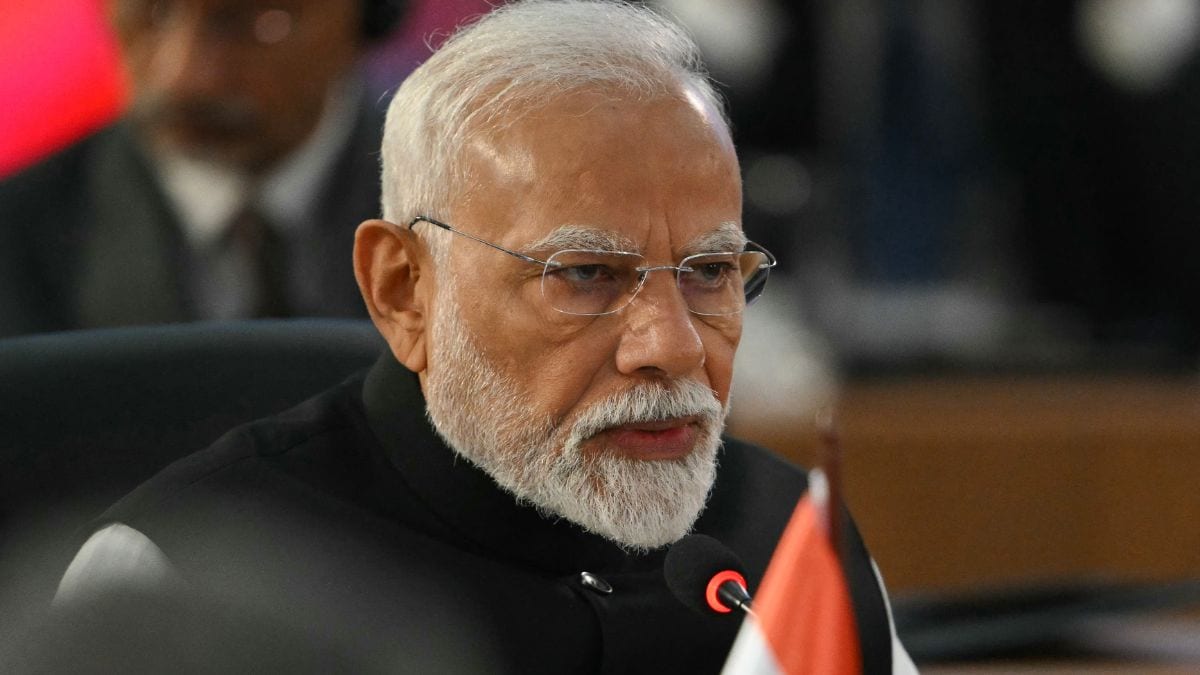

India is preparing to open its uranium sector to private players, potentially revolutionizing its nuclear energy landscape. The government aims to end the decades-old state monopoly, allowing private firms to mine, import, and process uranium. This policy shift seeks to boost nuclear power production and attract substantial private investment. The goal is to expand nuclear power production capacity by twelve times by 2047. If these expansion targets are met, nuclear power could provide 5% of India's total power needs.
The government is finalizing a comprehensive policy to transform the nuclear energy sector. This includes creating new regulatory frameworks for private sector participation. Private companies will be permitted to import uranium from international markets and supply critical control system equipment for nuclear facilities. However, the state will retain control over reprocessing spent uranium fuel and managing plutonium waste.
This policy announcement is expected within the current fiscal year and will require amendments to five laws governing mining, electricity, and related sectors. According to independent power sector consultant Charudatta Palekar, this is a major and bold initiative that is critical for achieving the target. The challenge will be to quickly define the rules of engagement with the private sector.
While the government has announced its intention, the implementation timeline involves several critical steps. These include developing comprehensive regulatory frameworks, amending existing laws, changing foreign direct investment policies, and establishing security protocols and oversight mechanisms. Amending the necessary legislation could be complex and potentially create uncertainty during the transition period.
The government has maintained control over uranium mining, import, and processing due to concerns about the possible misuse of nuclear material, radiation safety, and strategic security. However, to meet the surging demand for nuclear fuel, the government plans to draw up a regulatory framework that would allow private Indian firms to participate. The proposed policy will also permit private players to supply critical control system equipment for nuclear power plants.
India has an estimated 76,000 tonnes of uranium, which is enough to fuel 10,000 megawatts of nuclear power for 30 years. However, domestic resources would only be able to meet about 25% of the projected increase, requiring significant imports.
Other countries, including Canada, South Africa, and the United States, already permit private firms to mine and process uranium. This policy brings India in line with global practices while maintaining security controls and balancing commercial interests with non-proliferation commitments.